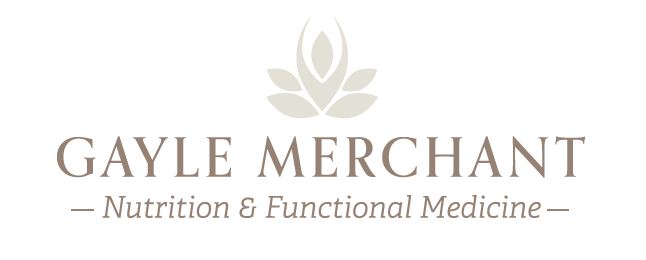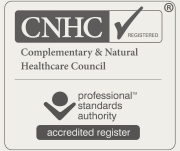HIGH CHOLESTEROL
Cholesterol is classically measured in a blood test as total cholesterol including LDL and HDL cholesterol.

Cholesterol is classically measured as total cholesterol including LDL and HDL cholesterol and this is typically what the GP will provide from a blood test. LDL cholesterol (low-density lipoprotein) takes cholesterol from the liver to the cells to be used. If it is too high, then it can be linked with plaque formation in the arteries that can lead to heart attacks and strokes. However, the idea that LDL is a bad cholesterol is too simplistic. There are two types of LDL cholesterol, small and dense particles and large and fluffy ones. Small dense particles can get into the lining of your blood vessels and cause damage and inflammation leading to the development of plaques in the arteries. The large and fluffy LDL will not cause damage and may get in the way of the small dense particles and stop them doing so much damage. Functional testing will enable you to find out which type of LDL cholesterol you have; small and dense or large and fluffy.
HDL (high density lipoprotein) cholesterol carries cholesterol from the cells back to the liver. It is linked to positive health outcomes.
Why is cholesterol important?
- Synthesis of hormones – cholesterol is the building block for our sex hormones and stress hormones.
- It helps to make Vitamin D
- Builds our cell membranes so that they are flexible and strong
- Providing the protection for our nerve cells to make sure that our nerve impulses are working correctly.
- Helps to produce bile which is vital for absorbing fat-soluble vitamins.
What are the main causes of high cholesterol?
- Diet – high levels of refined carbohydrates and trans-fats
- Genetics – certain genes can predispose us to high cholesterol levels
- Low thyroid function
Things you can do:
- Eat heart healthy fats and avoid inflammatory fats – bad fats are hydrogenated and partially hydronated oils, trans fats and polyunsaturated oils like vegetable, soy and canola oils. Sources of good fats are avocados, avocado oil, eggs, kefir, nuts and seeds, oily fish.
- Remove refined sugars and processed grains and alcohol – have been shown to reduce HDL cholesterol and increase total cholesterol. Better grain options are organic quinoa, wild rice – avoid wheat and corn.
- Consume more olive oil – has been shown to drop LDL cholesterol. 2 tbsp a day.
- Eat turmeric and garlic – has been shown to reduce total cholesterol levels.
What can Functional Medicine do to support?
- Use functional testing to understand more about your cholesterol picture beyond just HDL and LDL by checking type and size of cholesterol particles and other vital markers for cardiovascular health such as Hs-CRP and homocysteine.
- Specific dietary plan to address more balance in your lipid profile and blood sugar levels and to reduce inflammation in the vascular system.
- Use herbs and supplements that are proven to support healthy cholesterol levels.
- Support for lifestyle changes around diet and stress management – important factors in heart health.
5 Pillars of Functional Medicine

Managing Stress
Chronic stress can lead to an increased risk for many diseases through
suppression of the immune system. Lets find ways to manage stress and to
nurture, to calm, to re-set and restore the immune and nervous system.

Sleep
Sleep is the first like of defence against infectious disease. Getting good quality
sleep is restorative and preventative. We’ll work together to ensure you have
a good sleep routine and get a least 7 – 9hrs restful sleep a night.

Nutrition
Food is our medicine; it tells us what genes to switch on or off, it gives the cells
the nutrients that the body needs to function and provides the energy that we
need to lead an enriched life. Here, we’re all about enjoying food for life.

Relationships
Toxicity is not just about chemicals and pesticides; toxicity can come from
relationships and can affect our physical and mental health and well-being.
We’re all for healthy relationships that help us to thrive and grow as human beings.

Exercise
Lack of exercise is the primary cause of most chronic diseases and also accelerates ageing.
Exercising can prevent or delay the onset of chronic disease and it supports
better sleep, assists in weight control, improves mood and boosts energy.
High Cholesterol and Functional Medicine
Do you suffer from high cholesterol and have tried all the usual approaches?
Functional Medicine can help you, simply book an online consultation or arrange a free 15 minute discovery call and find out how we can help.





